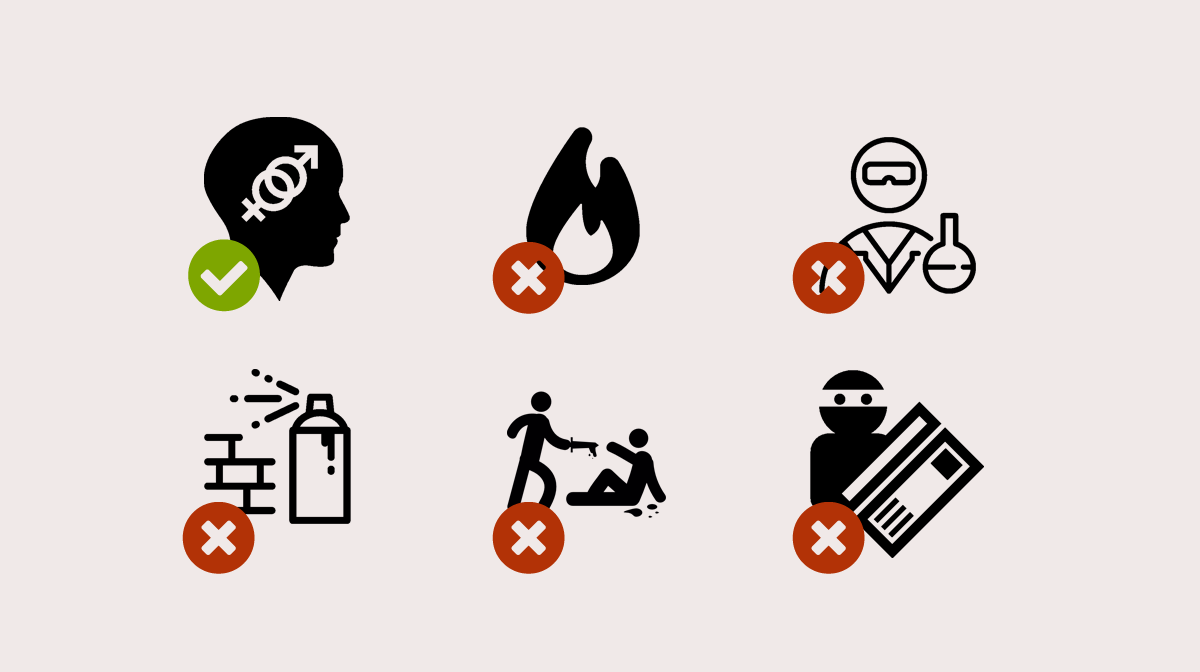The other day I got an email from a concerned renter. "A shooting occurred in my building last week. My landlord didn't say anything about it. If I hadn't been home at the time I wouldn't have known about it. Doesn't my landlord have to tell me if something like that happens?"
The answer is no. Landlords are under no obligation to disclose crimes that occur in their buildings to the rest of the residents. They only have to disclose events that cause problems with the actual structure of the building. Due to the varying levels of criminal reporting by different police departments across the country, a tenant might not even be able to find out about a shooting at their building via the news or public records. But if the event had been a sexual assault instead of a shooting, everyone would know about it thanks to the sex offense registry.
Sex offender registries have been part of the American judicial system since 1947. These databases of the names, addresses and photos of people who have previously been convicted of sex crimes have been publicly accessible in some states since 1990, and are now available in every state as well as DC. They are probably the most common resource used by renters who are researching their new apartments on their own, and we include them in the sources we consult for every RentConfident report.
However, these lists have been criticized for promoting homelessness and for continuing to penalize former offenders long after their prison sentences have been completed. Research has found that they do not prevent additional sexual offenses in a statistically significant way. Additional research has shown that the rate of repeat offenses (14%) is much lower than what the general population thinks it to be (75%).
Personally, I think that if sex offenders are to be publicly targeted for shaming on government sponsored websites, perpetrators of other major crimes should have comparable lists. Chicago has a list of bad landlords that they're supposed to be updating twice a year, so the idea isn't all that farfetched. Here are some types of crime that would also do well to have registries:
1. Arson.
According to the US Bureau of Justice Statistics (PDF), property offenders have the highest rate of recidivism, or committing the same crime again. Arsonists, however, are inconsistent in how often they reoffend. A single offense from an arsonist has the potential to affect many more people than a single offense from a sex offender. If people are concerned to know that a convicted sex offender is living nearby, they should be equally if not more concerned to know about their friendly neighborhood firebugs. Louisiana and Ohio currently have arson registries, but their use is restricted to law enforcement only.
Can you guess the other 5 on the list?






